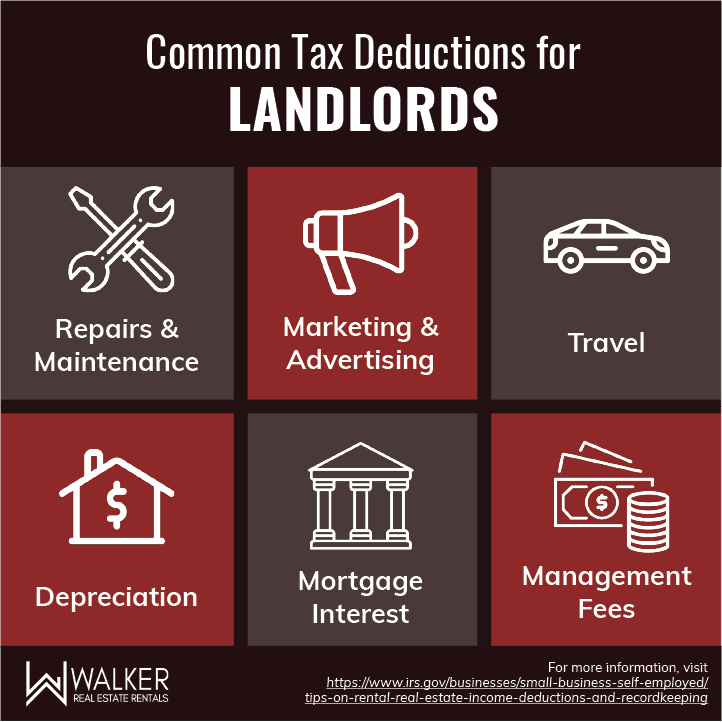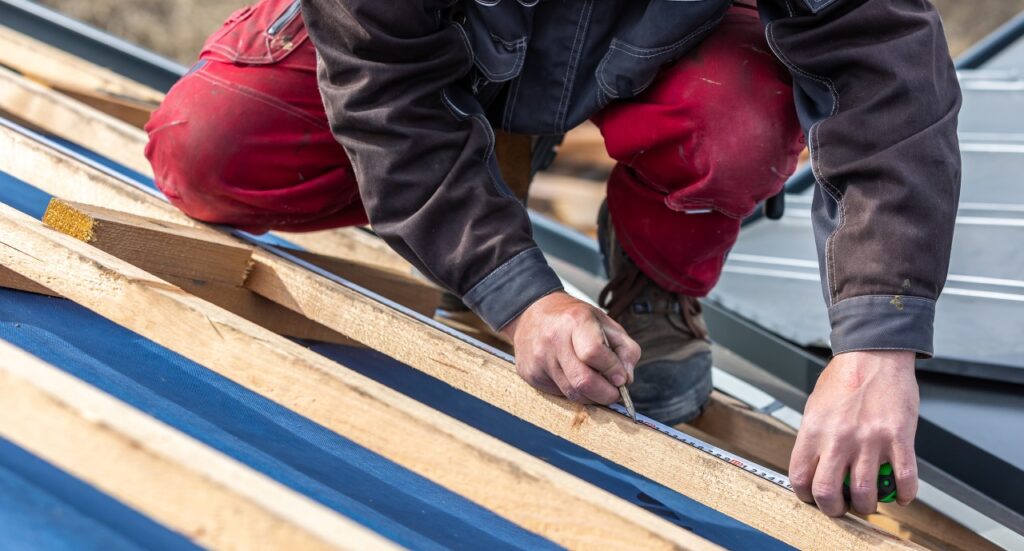
If you own a rental property, you know that maintenance and repairs are inevitable. From fixing a leaky roof to repairing a broken appliance, these expenses can add up quickly. The good news is that in many cases, repairs on a rental property can be tax-deductible. In this blog post, we will explore the topic of whether repairs on rental property are eligible for tax deductions and provide some important considerations for landlords.
Understanding Rental Property Repairs
Before diving into the tax deductibility of repairs, it’s important to understand what qualifies as a repair on a rental property. In general, a repair is an expense incurred to fix or restore a specific part of the property that is damaged or deteriorated. This can include repairing broken windows, fixing plumbing issues, repainting walls, or replacing damaged flooring. Repairs are typically considered as regular and necessary expenses to maintain the property’s functionality and keep it in good condition.
Tax Deductibility of Rental Property Repairs
The Internal Revenue Service (IRS) allows landlords to deduct ordinary and necessary expenses associated with the operation and maintenance of their rental properties. This includes repairs that are directly related to the rental activity. When you make repairs on your rental property, you can generally deduct the full cost of those repairs as an expense in the year they were made.
The benefit of deducting repair expenses is that it reduces your taxable rental income. By deducting these expenses, you effectively lower the amount of rental income subject to tax, which can result in a reduced tax liability.
Differentiating Repairs from Improvements

While repairs on rental property are generally tax-deductible, it’s crucial to understand the distinction between repairs and improvements. Improvements go beyond regular repairs and typically involve adding value to the property or prolonging its useful life. Examples of improvements may include replacing the entire roof, renovating the kitchen, or adding a new room to the property.
Unlike repairs, improvements cannot be fully deducted in the year they are made. Instead, they are capitalized and depreciated over time. Depreciation allows you to deduct a portion of the improvement costs each year over its useful life. It’s important to consult with a tax professional to properly categorize expenses as repairs or improvements to ensure accurate tax reporting and maximize your deductions.
Important Considerations
While repairs on rental property are generally tax-deductible, there are a few important considerations to keep in mind:
- Ordinary and Necessary: The repairs must be ordinary and necessary for the rental property’s maintenance and operation. This means that the repairs should be typical for properties of similar nature and essential for keeping the property in good condition.
- Timing: It’s important to deduct repair expenses in the same tax year they were incurred. Keeping accurate records and maintaining receipts and invoices will help support your deduction claims if you’re audited.
- Personal Use Portion: If you use the rental property for personal purposes as well, you cannot deduct the portion of the repair expenses allocated to personal use. Only the portion attributable to the rental activity is eligible for deduction.
- Capitalization Thresholds: The IRS has established guidelines for distinguishing between repairs and improvements. In some cases, if the repair costs exceed a certain threshold and result in a significant improvement, they may need to be capitalized and depreciated over time.
Conclusion
In conclusion, repairs on rental property are generally tax-deductible as ordinary and necessary expenses associated with the property’s maintenance and operation. Deducting these expenses can help lower your taxable rental income and reduce your overall tax liability. It’s important to differentiate repairs from improvements and properly categorize the expenses to ensure accurate tax reporting. Keeping detailed records, consulting with a tax professional, and staying informed about
changes in tax laws and regulations are essential for maximizing your tax deductions and complying with IRS guidelines.
Remember to keep organized records of all repair expenses, including receipts, invoices, and documentation of the repairs performed. This documentation will serve as evidence to support your deduction claims in case of an audit or review by tax authorities.
If you have any doubts or complex situations regarding the tax deductibility of repairs on rental property, it’s always advisable to consult with a qualified tax professional or accountant. They can provide personalized advice based on your specific circumstances and help you navigate the intricacies of tax deductions for rental property repairs.
Lastly, staying proactive in property maintenance and addressing repairs promptly not only benefits your tenants but also contributes to the longevity and value of your rental property. By understanding the tax benefits associated with repairs on rental property, you can effectively manage your expenses, optimize your tax savings, and maintain a well-maintained and profitable rental property portfolio.
In conclusion, repairs on rental property are generally tax-deductible as ordinary and necessary expenses. As a landlord, it is important to understand the distinction between repairs and improvements and properly categorize your expenses. By staying informed, keeping organized records, and seeking professional advice when needed, you can ensure that you take full advantage of the tax deductions available to you and maintain a successful rental property business.




